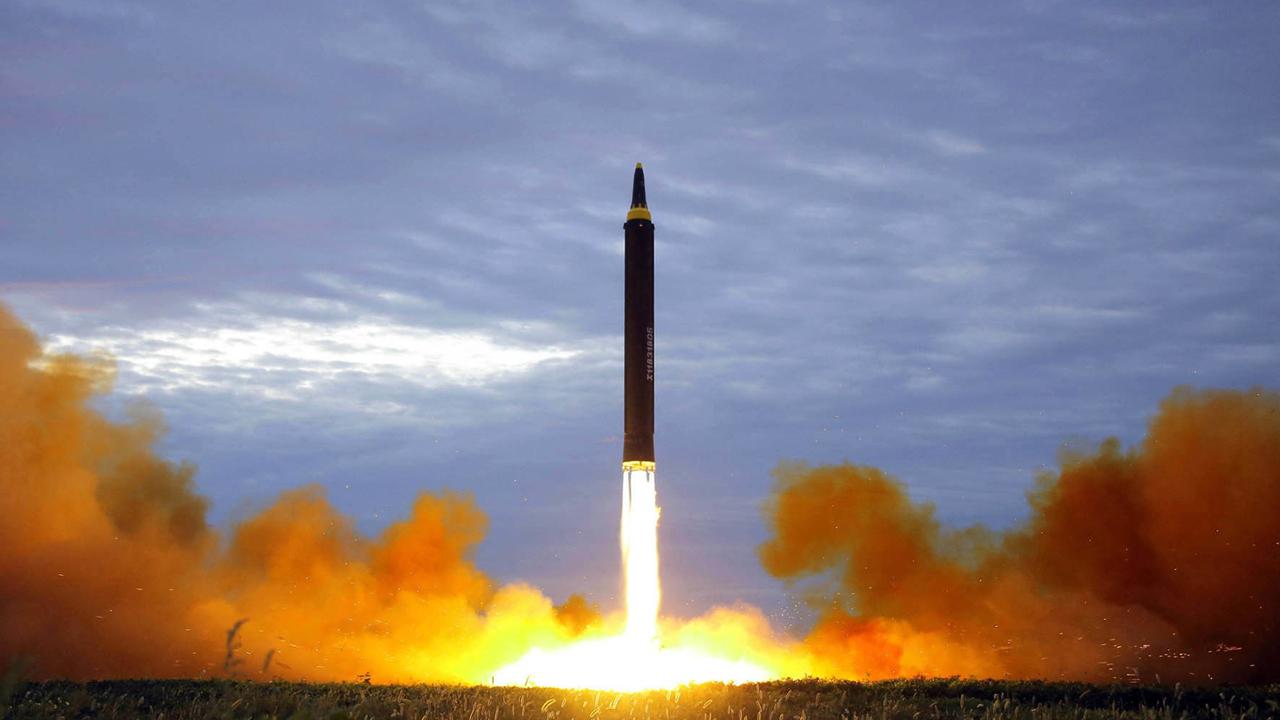Raytheon’s $694M missile project reportedly misses target during new test
Another U.S. missile interceptor test reportedly failed off the Hawaiian coast this week, marking what could be the second time within the past year that a test shot missed its target.
The SM-3 Block IIA missile, which is manufactured by Raytheon (NYSE:RTN), is designed to shoot down ballistic missiles while they are in the air. It is part of the Aegis Ballistic Missile Defense System, which is being co-developed by the U.S. and Japan as threats from North Korea escalate. American aerospace and defense company Lockheed Martin (NYSE:LMT) is also a part of the project.
In 2016, the U.S. government awarded Raytheon a $523 million sole-source contract to build 47 SM-3 Block IB missiles. In late October, that contract was modified and the government tacked on an extra $59.7 million so the company could transition its Standard Missile-3 Block IIA program into production. According to the Defense Department, the cumulative value of the contract is $694.3 million.
Lockheed Martin was awarded an initial $100 million dollar contract to modernize hardware and software on naval vessels for both the U.S and Japan. In December, that contract was amended with an addition $20.5 million.
U.S. officials confirmed the test on Wednesday but refused to comment on its success. Two Defense Department officials told The New York Times on the condition of anonymity that the missile missed its target.
Since the recent test involved the newest family of Raytheon missiles, the significance of the reported failure is hard to determine at this point, Eric Gomez, policy analyst for defense and foreign policy studies at the Cato Institute, said.
“New systems are more likely to fail in early tests as technical issues get worked out,” he told FOX Business, adding that we still don’t know exactly what caused the test to fail.
Meanwhile, at the end of last year, North Korea claimed to have a ballistic missile capable of striking anywhere in the U.S., after it tested a weapon that flew higher and longer than any of its previous test launches.
The resulting concern among Americans is justified, Gomez said.
“Intercepting an ICBM warhead inbound to the United States is an incredibly complex and demanding task,” he said. “The Ground-based Midcourse Defense (GMD) system, the only thing capable of shooting down ICBM-range missiles, has a successful testing record of just over 50%. … This does not mean that the United States is completely defenseless, but a small number of ICBMs would place significant strain on existing missile defense systems.”
The United States did successfully intercept a missile off the west coast during a test launch in August of last year.
Raytheon’s stock was up 2% during the midday hours of the trading session on Thursday, while Lockheed Martin shares were 1.7% higher.




















